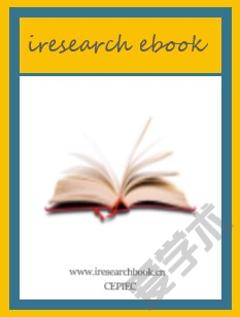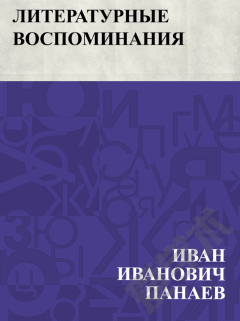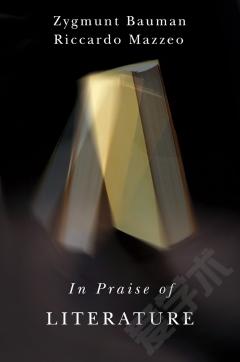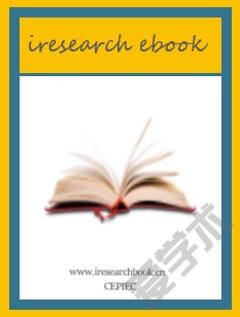The Fantastic in Literature
What exactly is the fantastic? in the twentieth-century world, our notions of what is impossible are assaulted every day. To define the nature of fantasy and the fantastic, eric s. Rabkin considers its role in fairy tales, science fiction, detective stories, and religious allegory, as well as in traditional literature. The examples he studies range from grimm's fairy tales to agatha christie, from childhood's end to the novels of henry james, from voltaire to robbe-grillet to a canticle for leiboivitz. By analyzing different works of literature, the author shows that the fantastic depends on a reversal of the ground rules of a narrative world. This reversal signals most commonly a psychological escape, often from boredom, to an unknown world secretly yearned for, whose order, although reversed, bears a precise relation to reality.
{{comment.content}}








 京公网安备 11010802027623号
京公网安备 11010802027623号